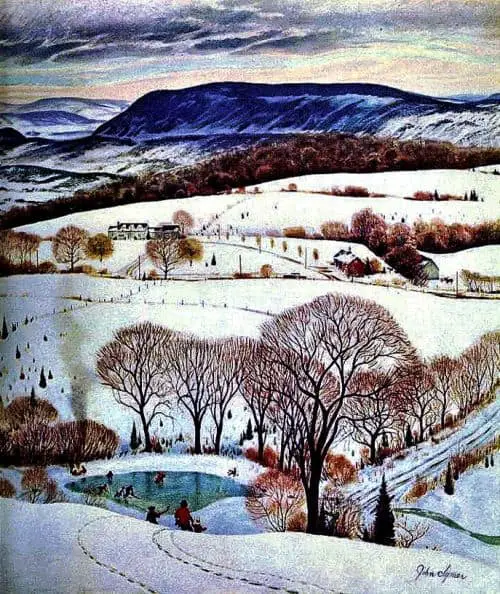-
Garth Pig And The Ice Cream Lady By Mary Rayner
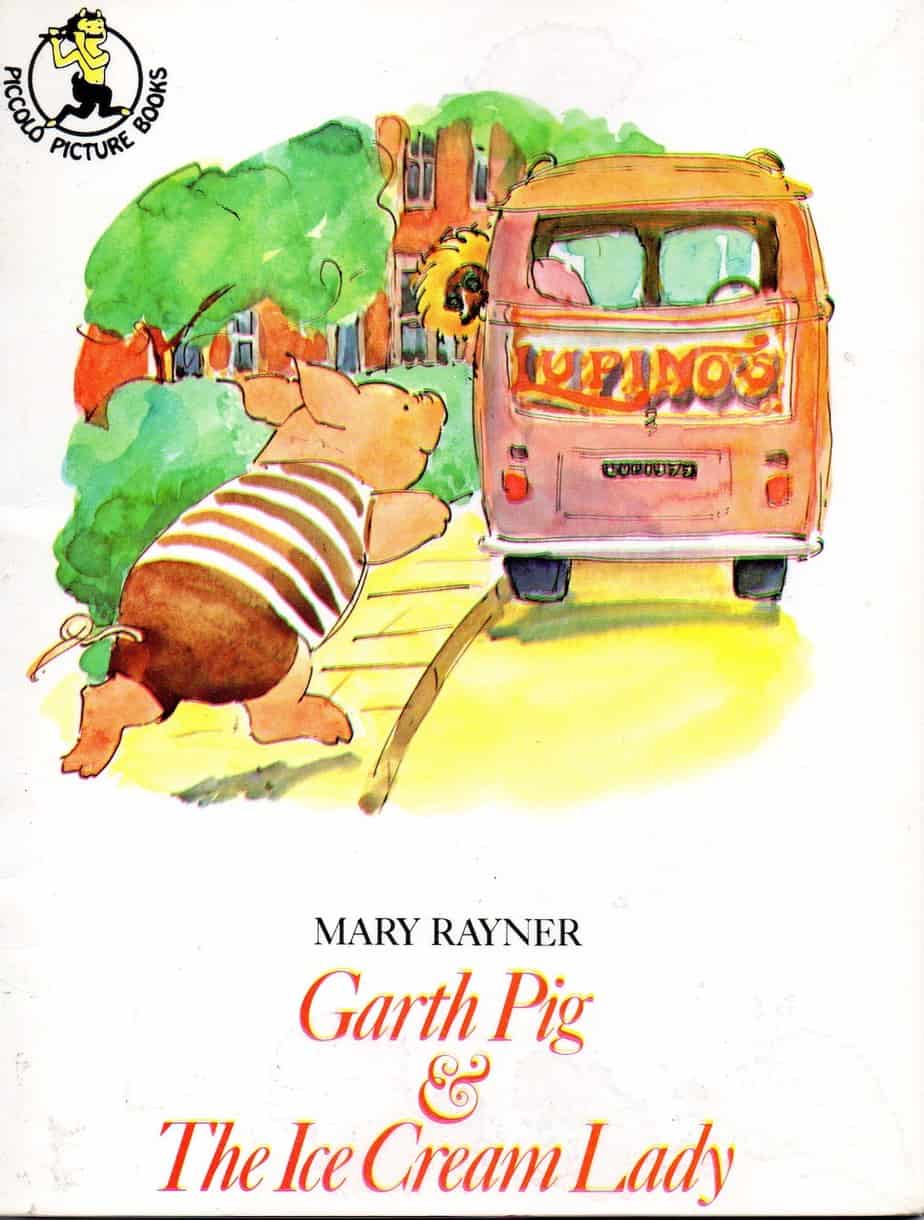
Garth Pig and the Ice Cream Lady is a British picture book written and illustrated by Mary Rayner in 1977. The story is part fairytale, part 1977 modernity. ABOUT THE AUTHOR Mary Rayner was born in 1933 in Mandalay, Burma of British parents. She was 8 years old when Japanese troops invaded Burma. Her mother […]
-
Doctor De Soto by William Steig (1982) Analysis
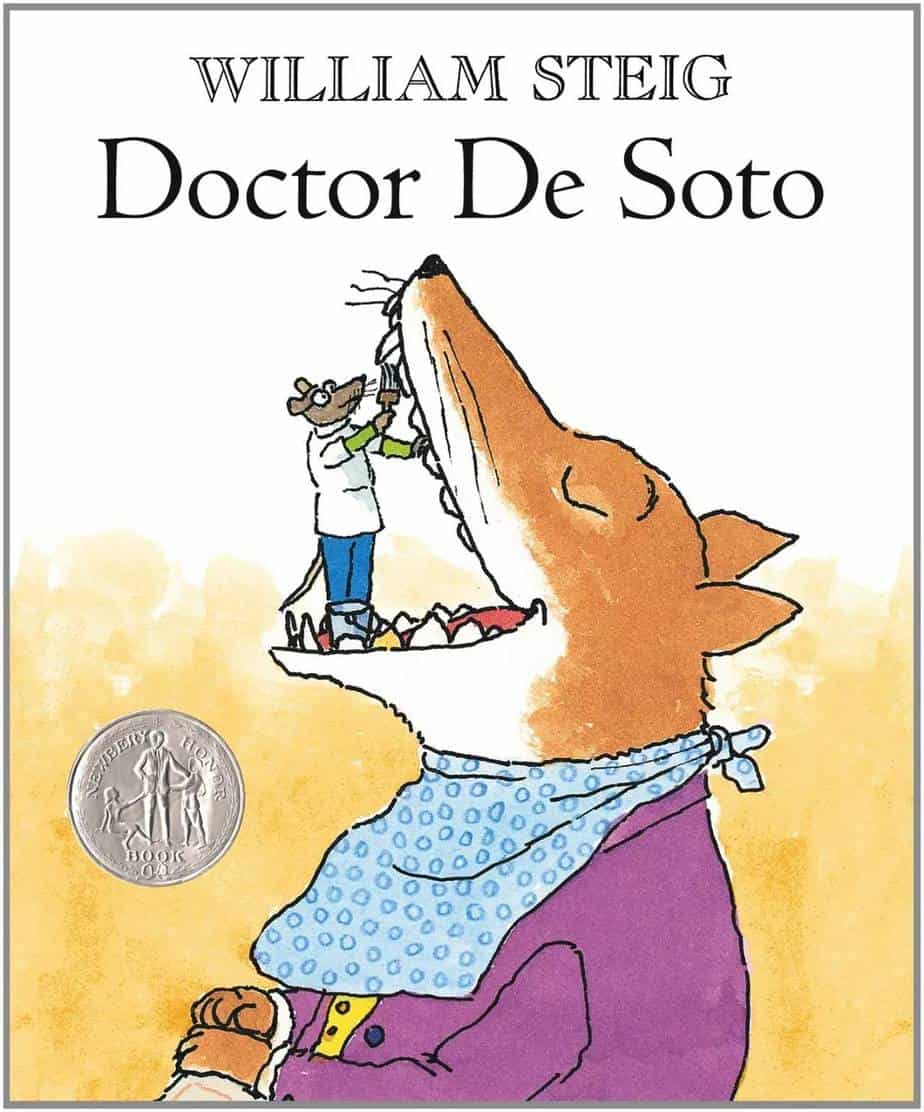
Doctor De Soto is an example of a picture book that owes a lot to Aesop, with the characterisation of the mice and the fox already firmly in place. Mice don’t play as prominent part in the fables as you might think, but foxes are one of the main five, along with countrymen, dogs, donkeys […]
-
Symbolism Of The Forest In Storytelling
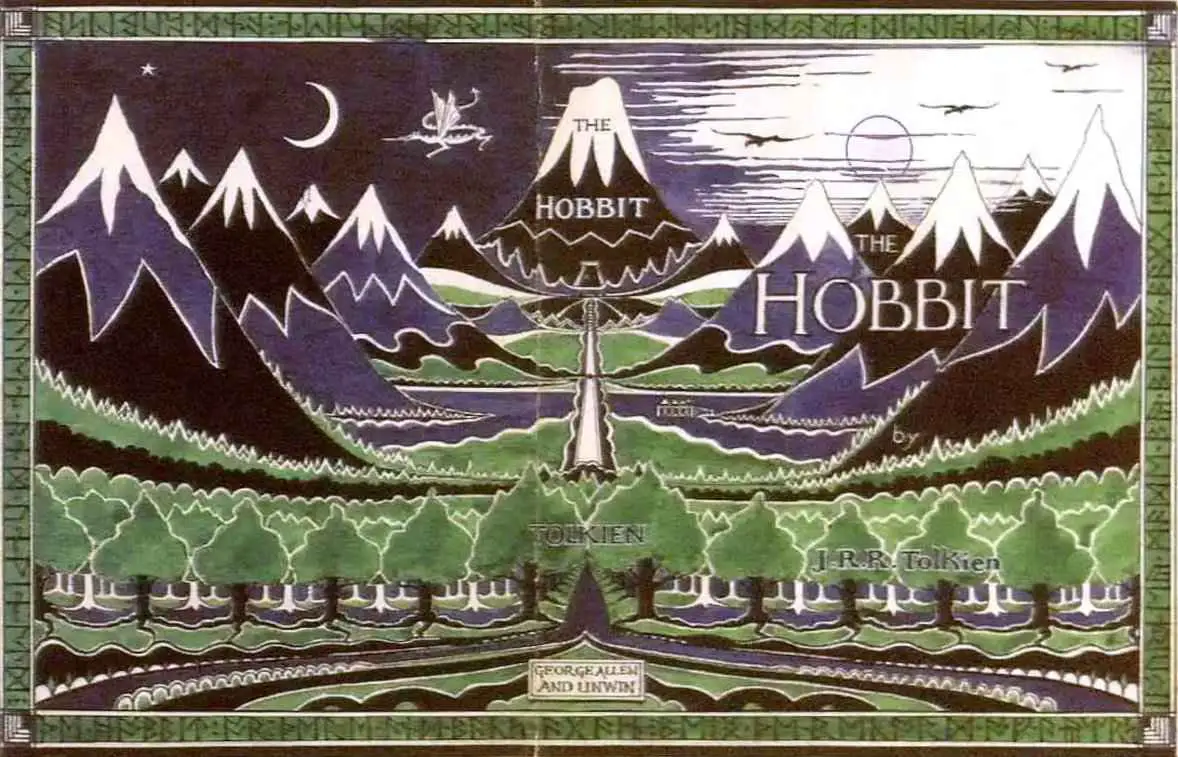
Be it woods or forest, when a character enters the trees in fiction, beware! We learned this from fairytales, but is fear of the forest innate, or taught to us via fiction?
-
Big Mouse And Little Hare Microfiction by Janosch
“Big Mouse and Little Hare” is a very short story from a collection out of Germany in the early 1980s. Janosch (that’s a pen name) was an influential author in Germany, mainly for his prolific contribution to school journals. (Sometimes the ‘big name’ authors aren’t actually the most widely read. That was certainly the case in […]
-
Storybook Farms
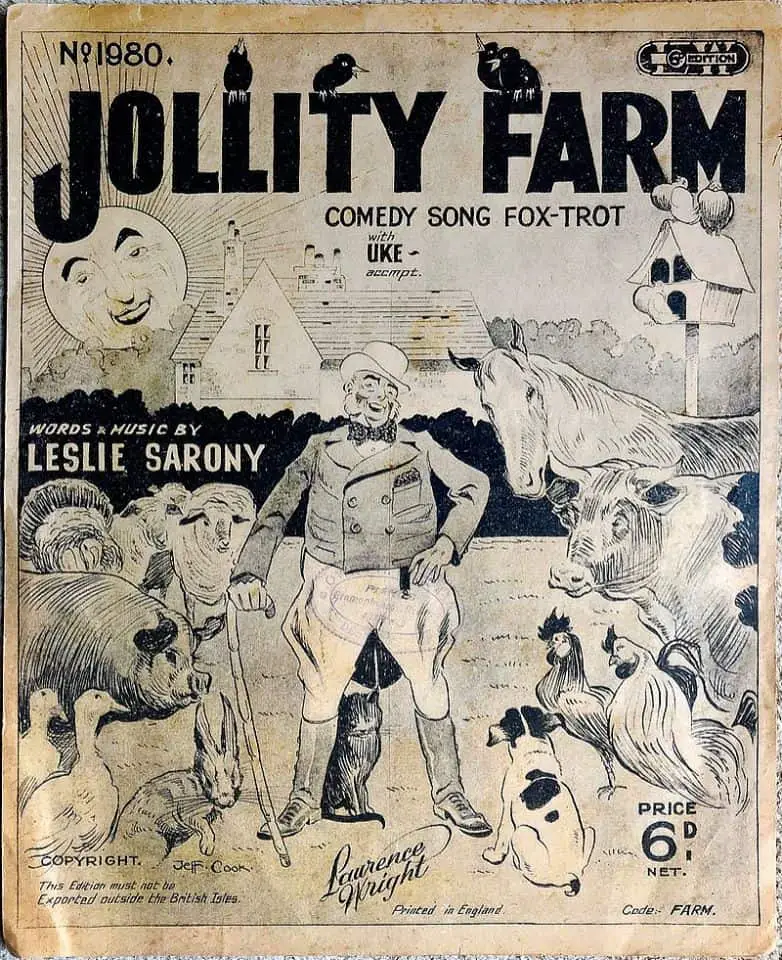
Farms in children’s literature are often a kind of utopia. Often these are animal utopias, and the reader is not supposed to even think of what the animals are really there for. Writing of the book Hepzibah Hen, a Children’s Hour favourite from 1926, is described by Margaret Blount as ‘the antithesis of Animal Farm‘, […]
-
The Three Little Pigs Illustrated by Leonard Leslie Brooke Fairy Tale Analysis
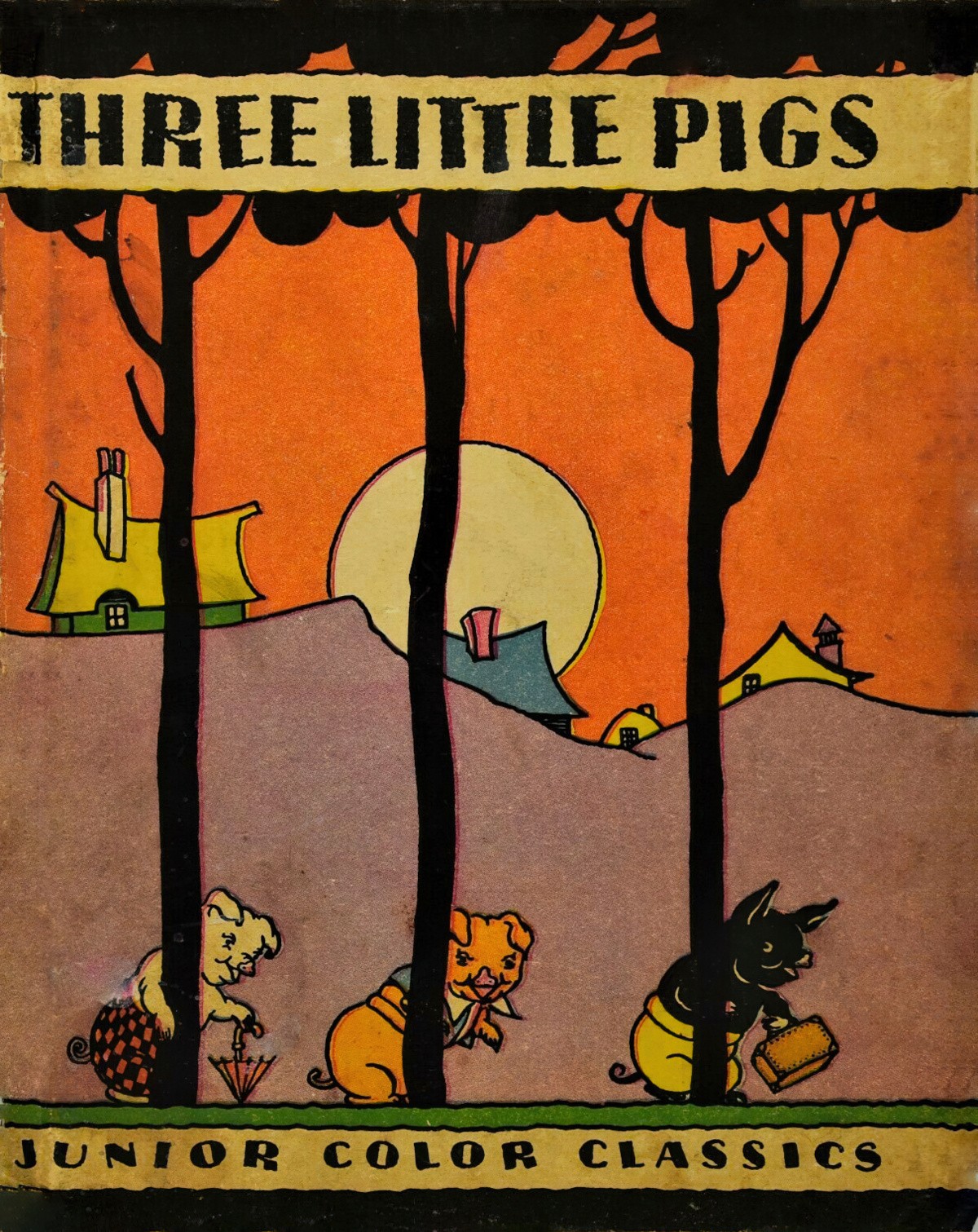
The Three Little Pigs is one of the handful of classic tales audiences are expected to know. Pigs are handy characters: They can be adorable or they can be evil. You can strip them butt naked and let the reader revel in their uncanny resemblance to humans. Or, you can dress them in jumpers and they’re […]
-
Why children’s stories have to be dual audience now
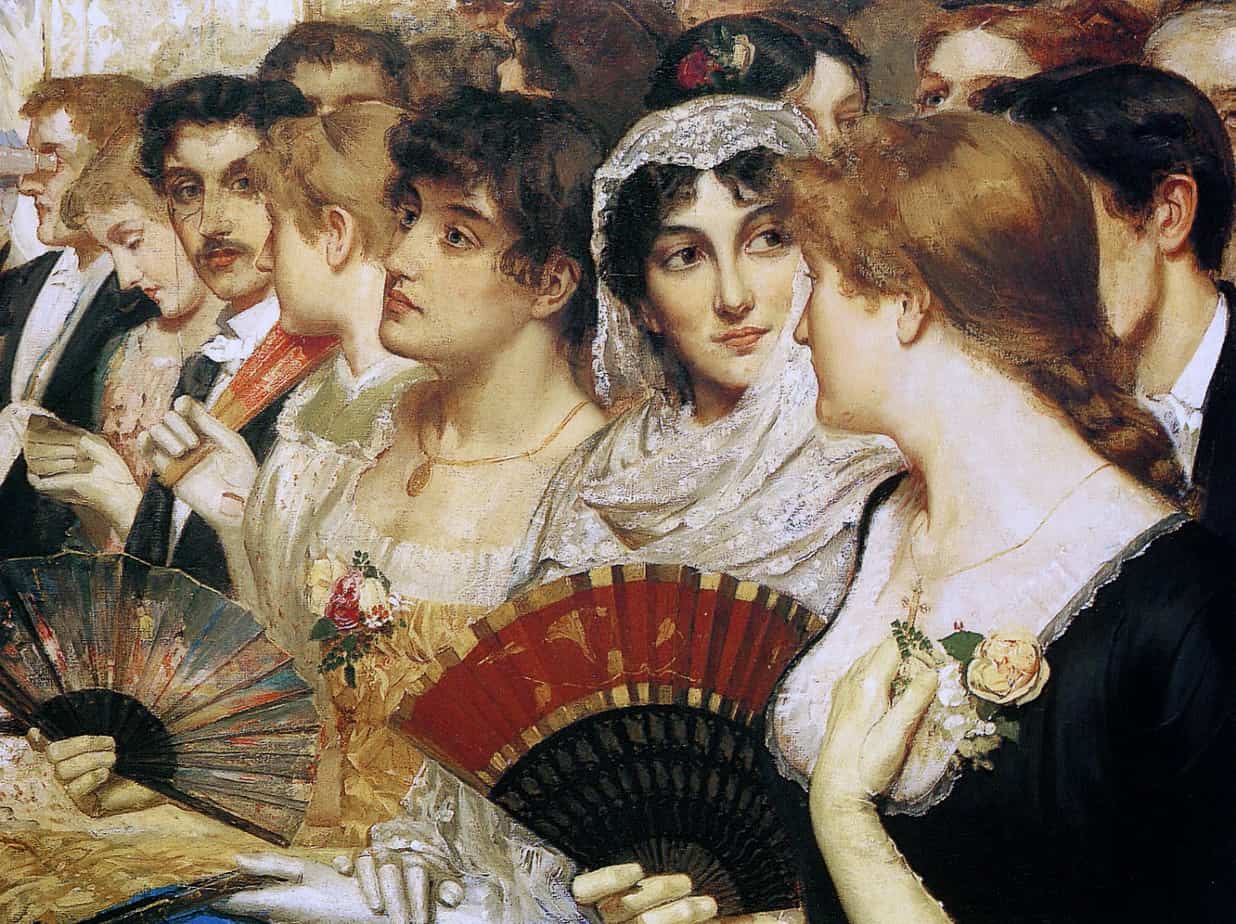
Modern children’s books — picture books in particular — are required to appeal to adults as well as to children. This is known as a ‘dual audience’ story.
-
The Girl Title Trend In Children’s Books
The girl title trend in publishing is interesting because it is popular despite some pushback against using the word ‘girl’ to refer to grown-ass women. Author Emily St John Mandel wrote this week about why so much of the bestselling fiction this year has ‘girl’ in the title. Those are my takeaway points but the entire article […]
-
If I Stay by Gayle Forman Storytelling Tips
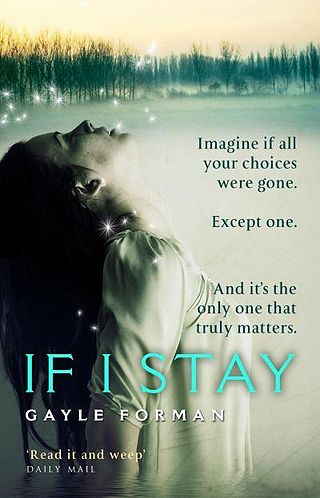
If I Stay by Gayle Foreman is a young adult novel published 2009. This book is beautifully plotted, and makes an excellent case study if writers are planning a story with an ‘alternating’ plot. WELCOME TO THE THIRD GOLDEN AGE This book is an excellent example of ‘The Third Golden Age Of Children’s Literature’, as described by […]
-
The Male Gaze In Children’s Literature
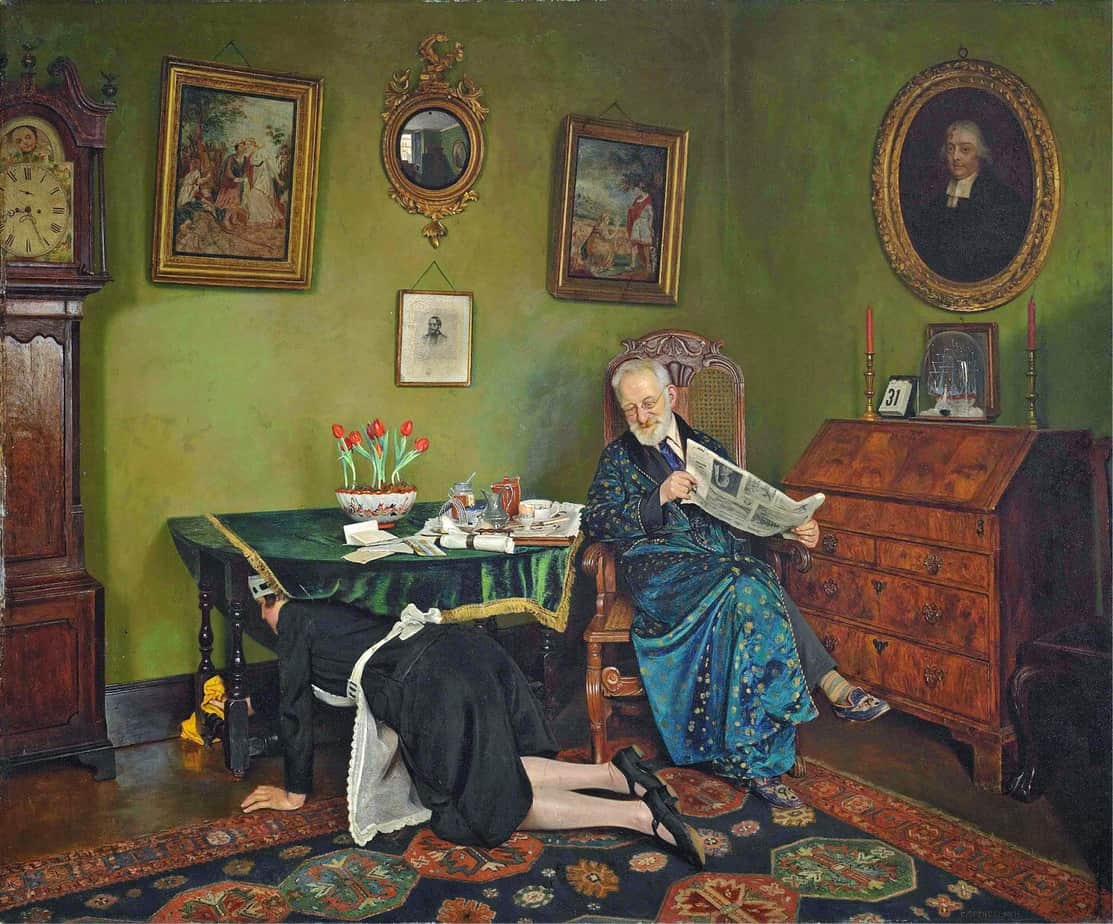
Meg Elison has written a McSweeneys post about The Gaze which strikes a chord. IF WOMEN WROTE MEN THE WAY MEN WRITE WOMEN. At The Guardian, Lindesay Irvine (incidentally, a man) responded to this spoof gender reversal with: Anyone who’s ever had a brush with cultural studies will be familiar with Laura Mulvey’s influential theory […]
-
What Is Surrealism?
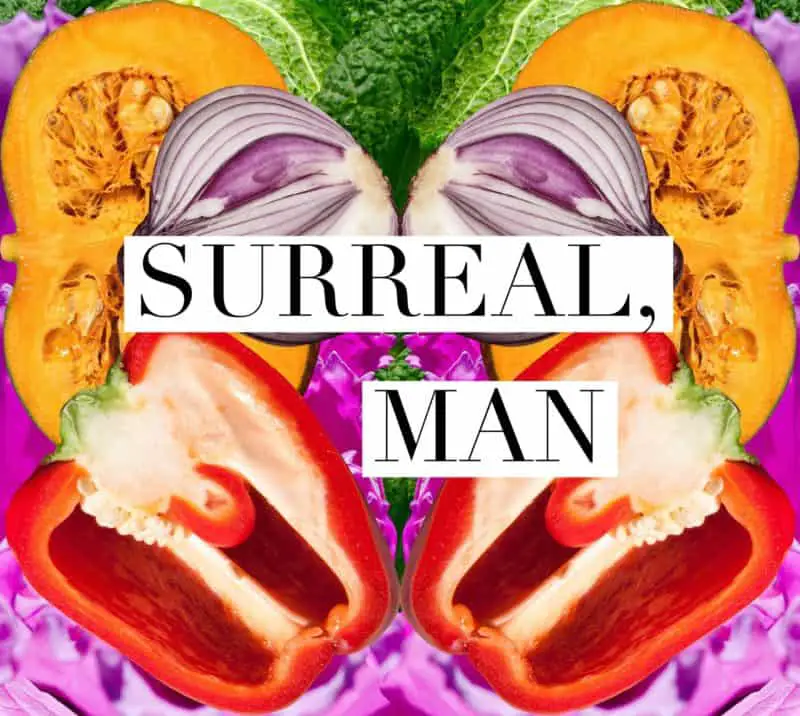
The word ‘surrealism’ has a different use in everyday English from its meaning in critical discourse. Surrealism in everyday English: I don’t understand it. Weird somehow. Creepy. Like a dream. Disparate things are together and don’t make sense. Surrealism in critical discourse: Over and above. Literally, super-real (from French). ‘Surreal’ is a modern word and does […]
-
And To Think That I Saw It On Mulberry Street by Dr Seuss Analysis
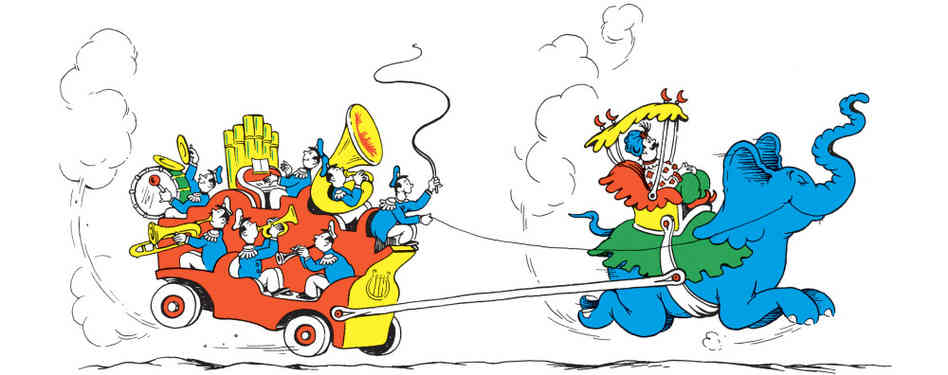
And To Think That I Saw It On Mulberry Street was Ted Geisel’s first book. Well, he’d written an abecedary but failed to interest publishers in it. It took a while to find a publisher for this one, too, but compared to what author/illustrators are up against today, I’m guessing 20 rejections is actually pretty good. Dr […]

